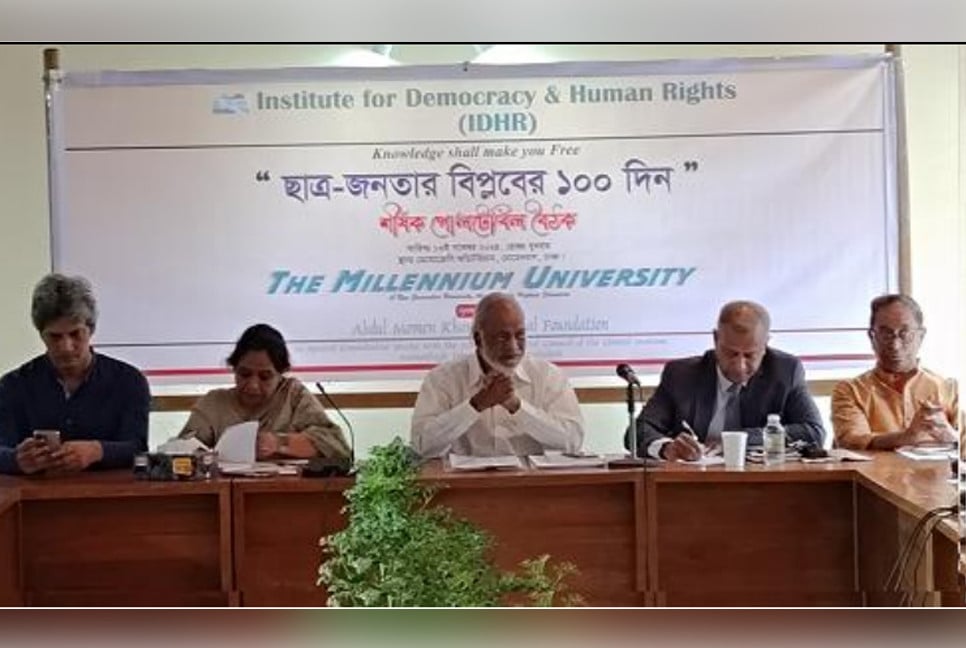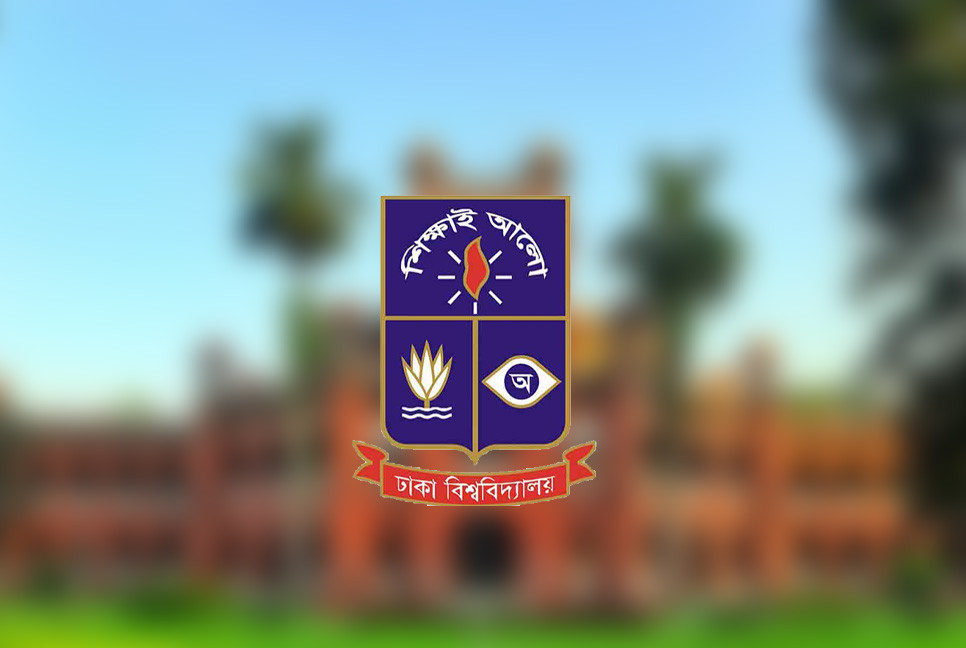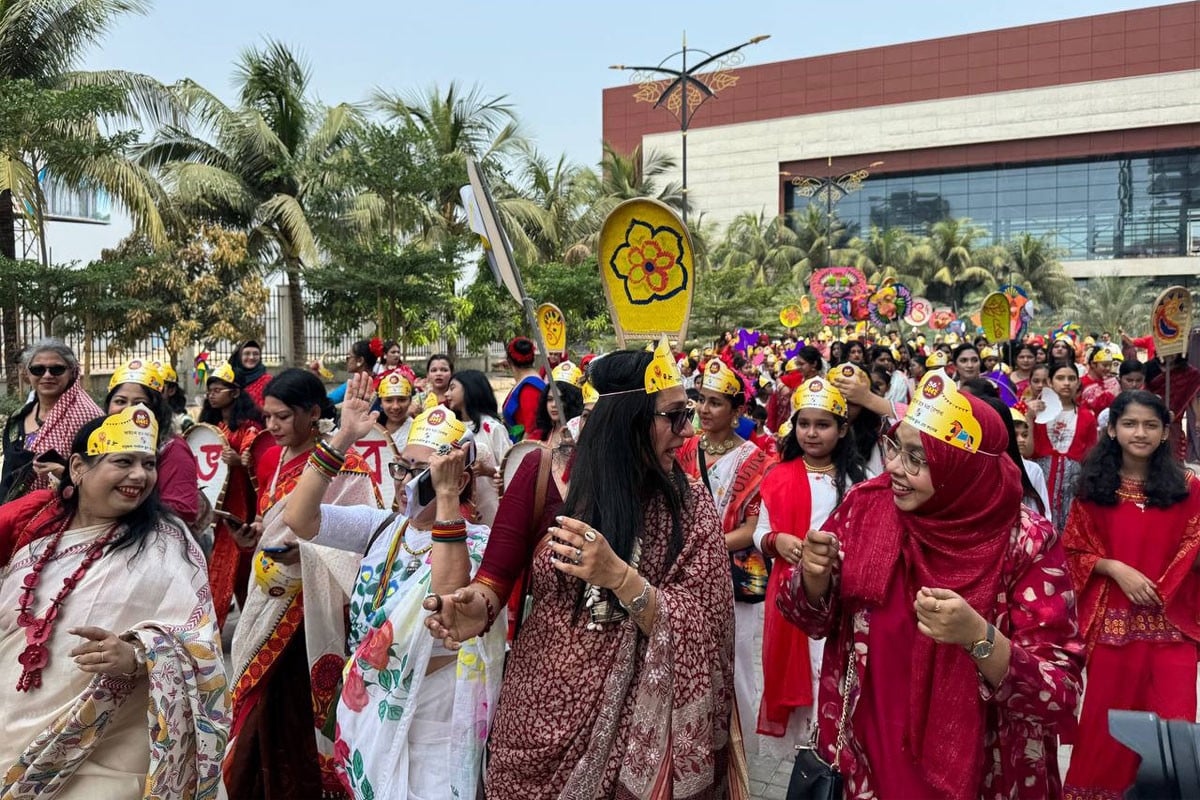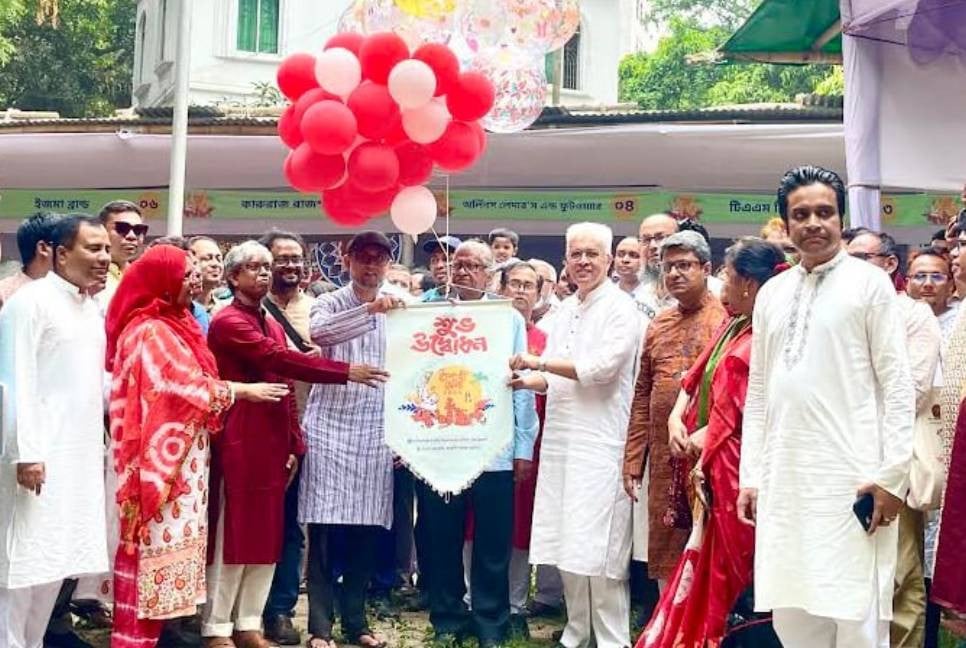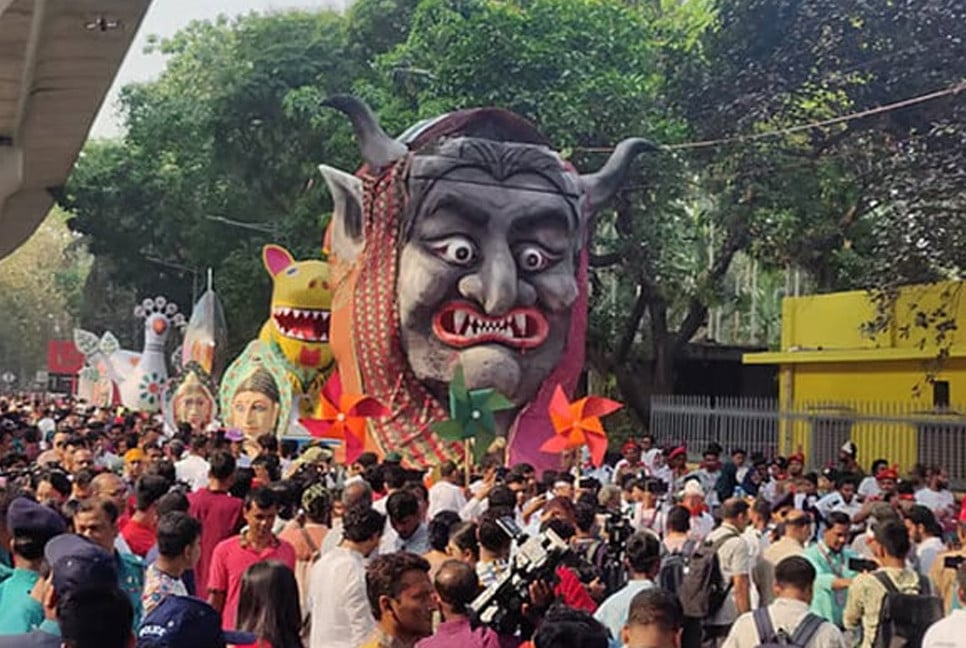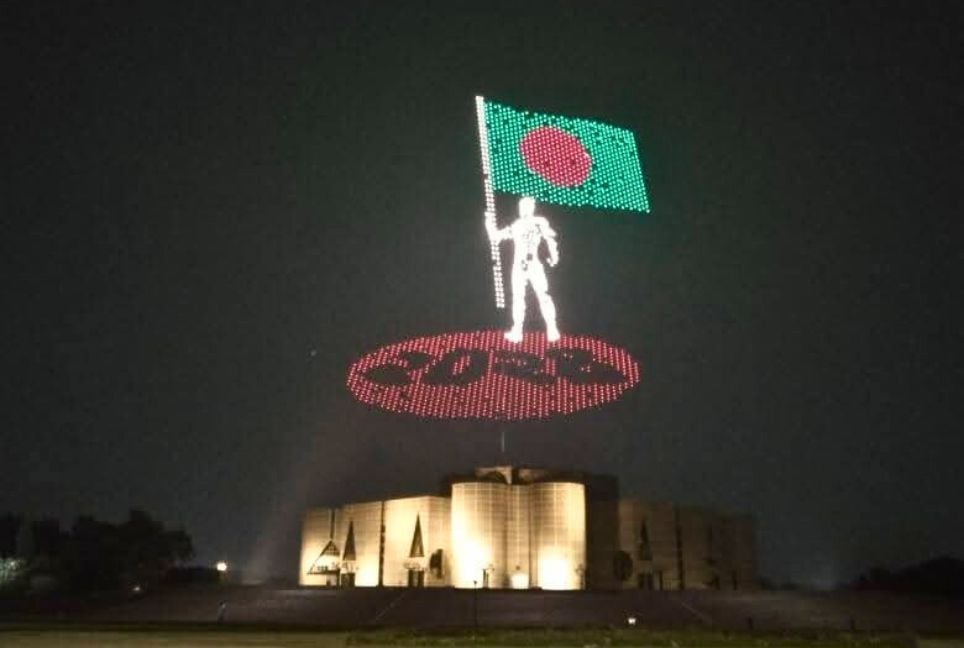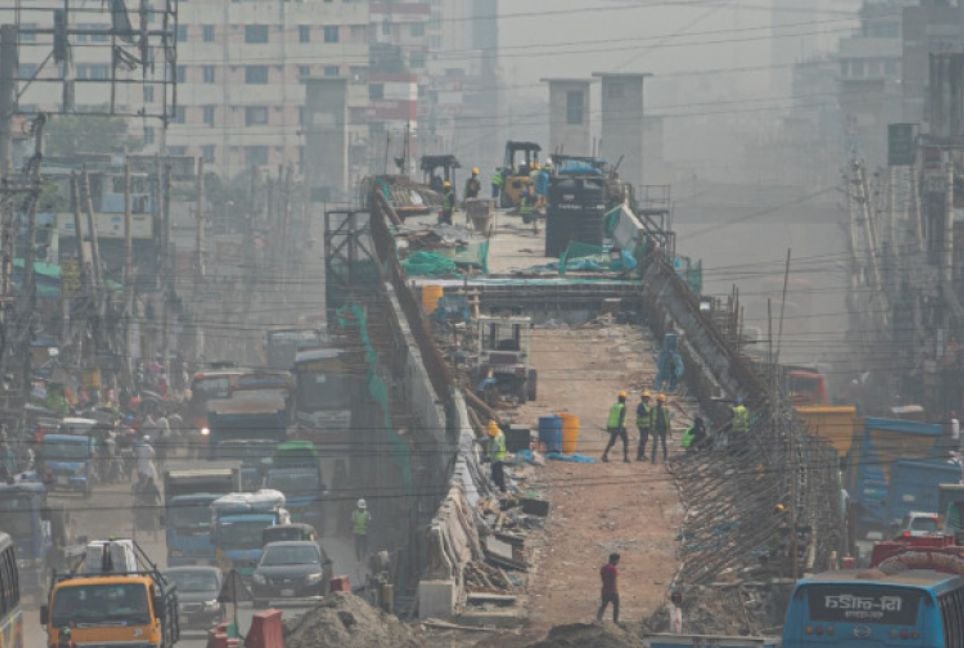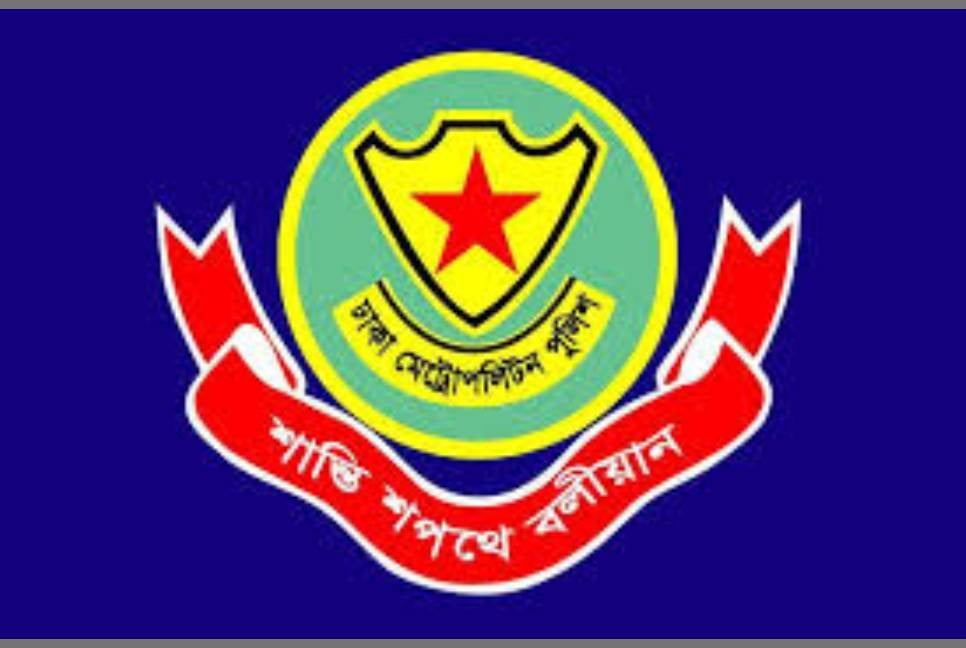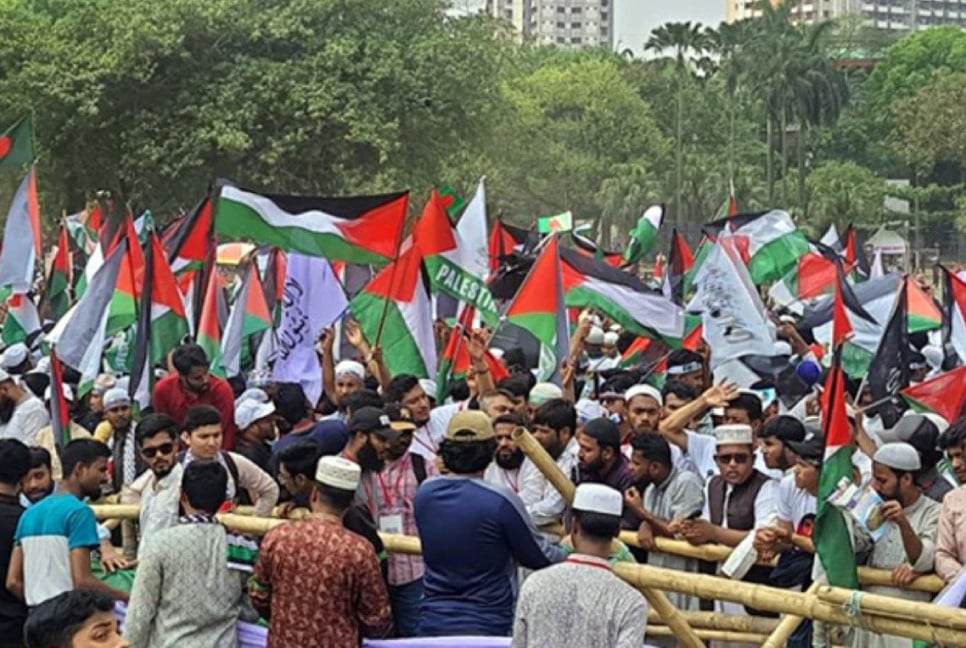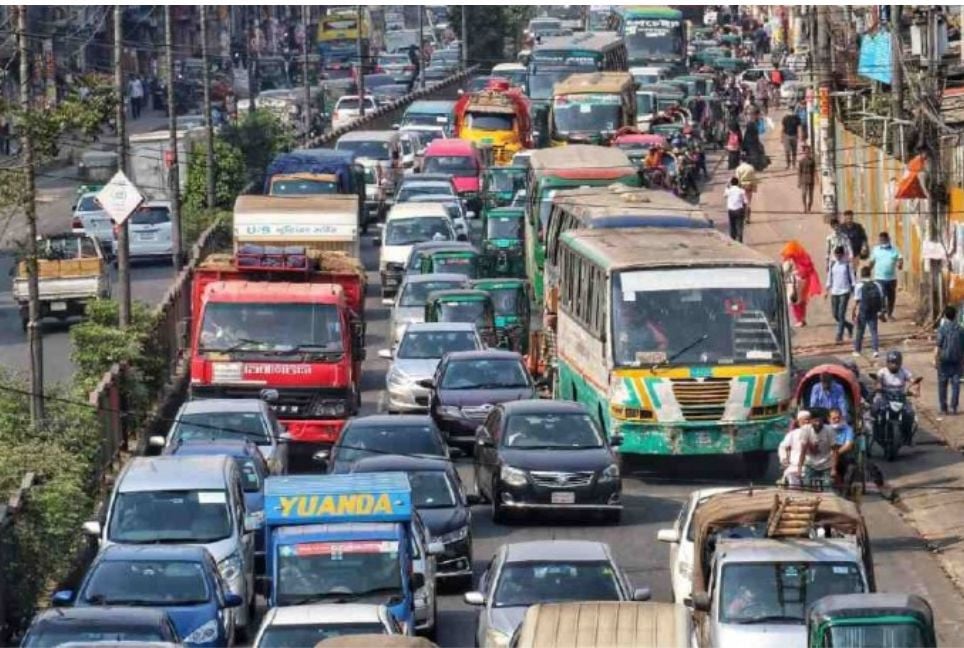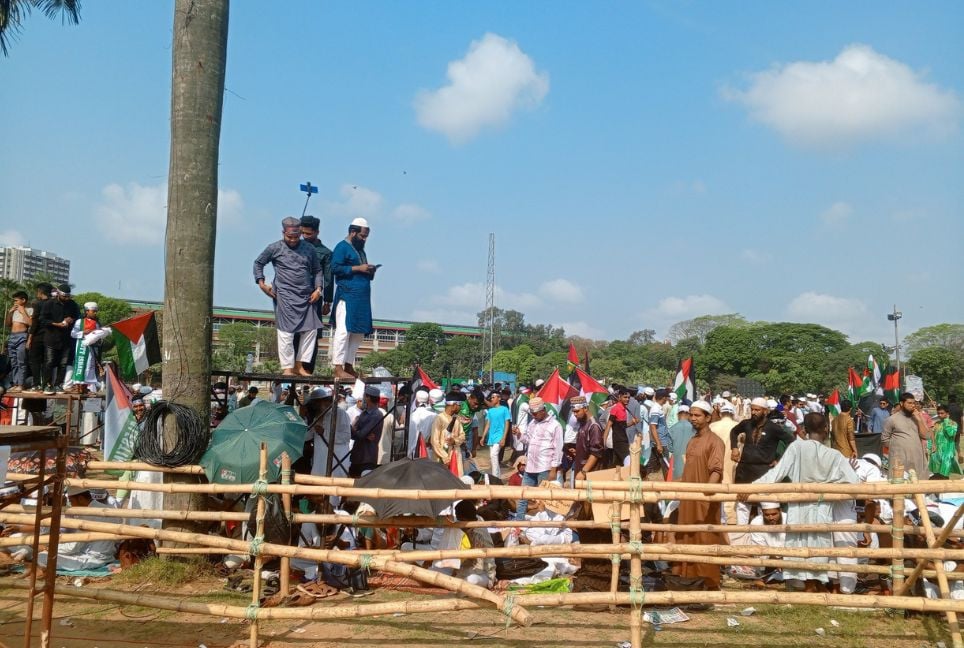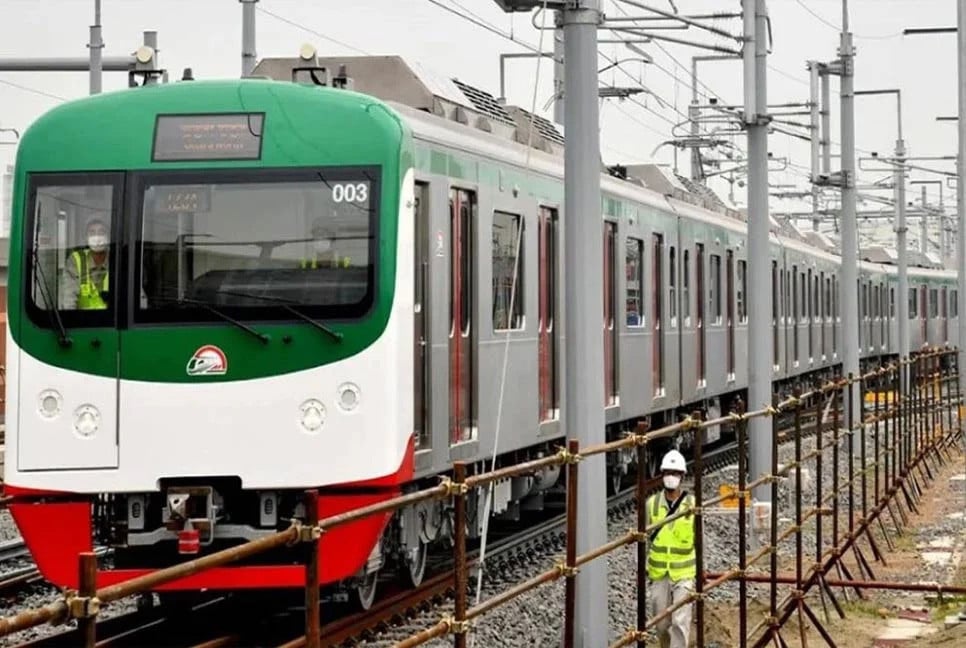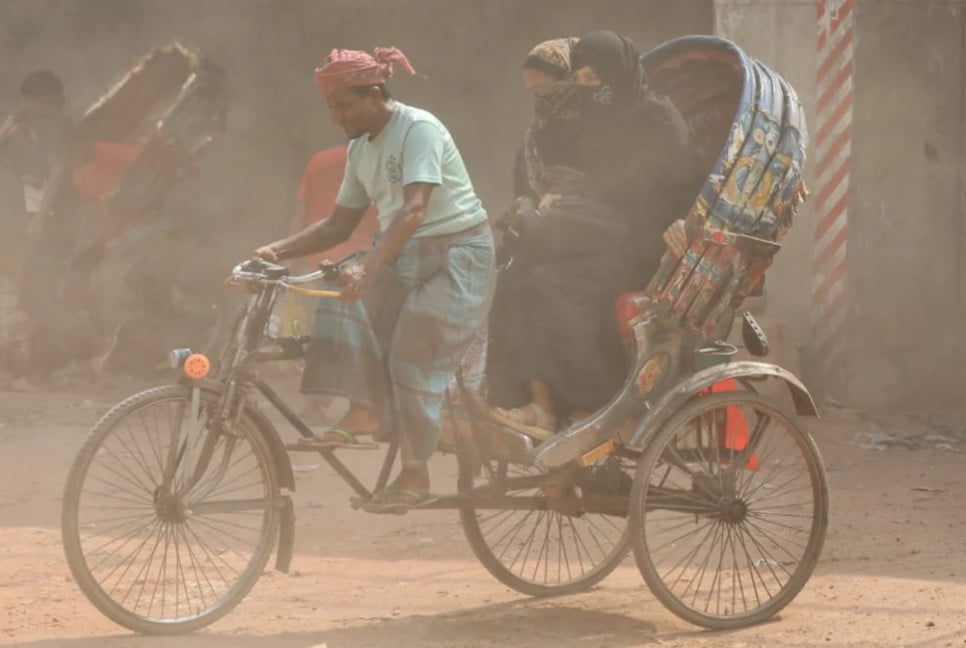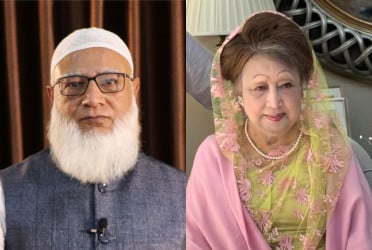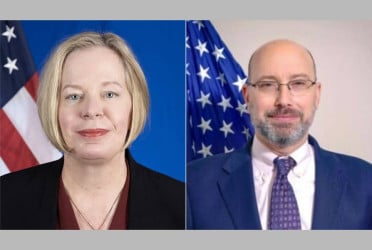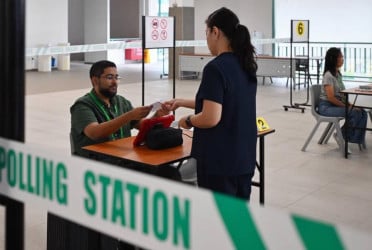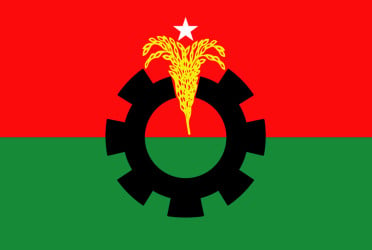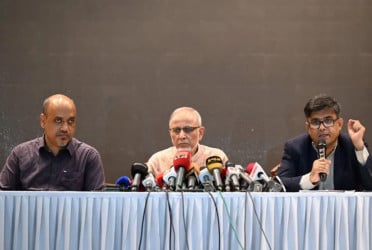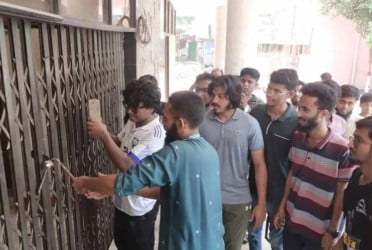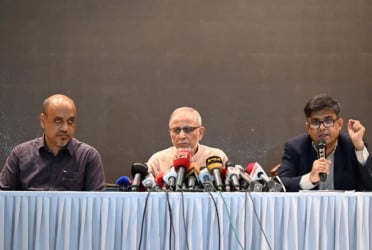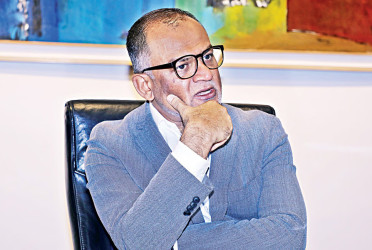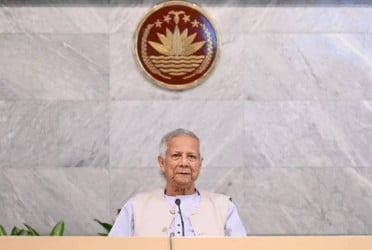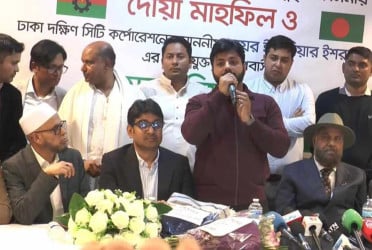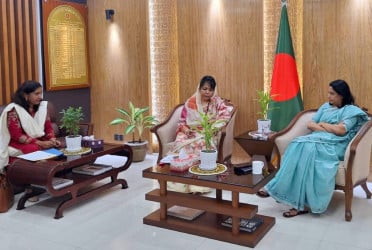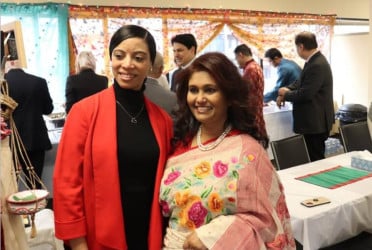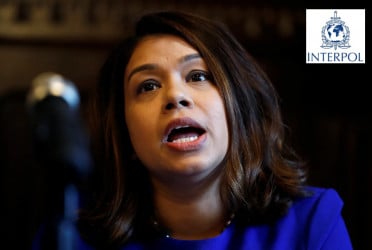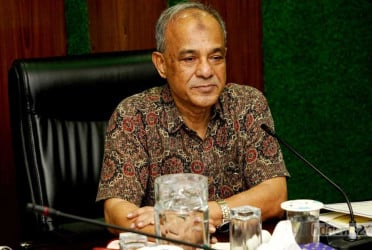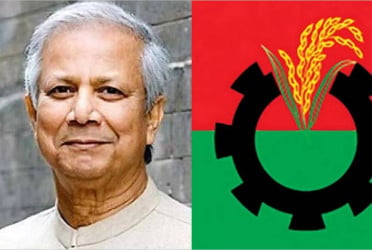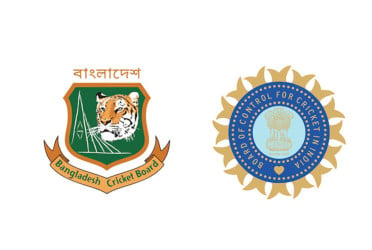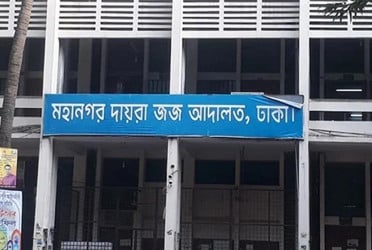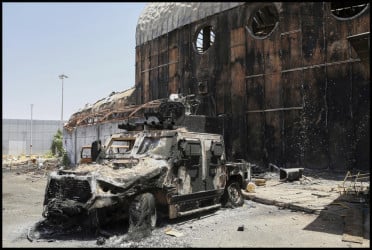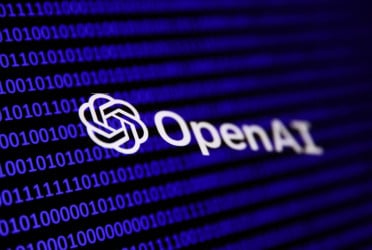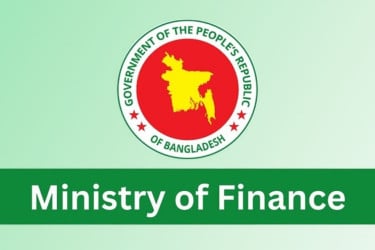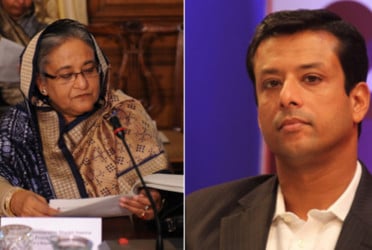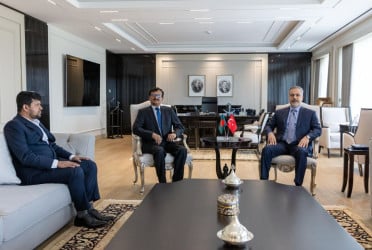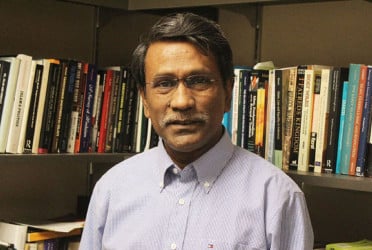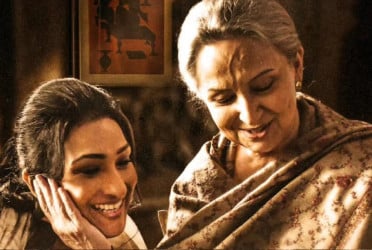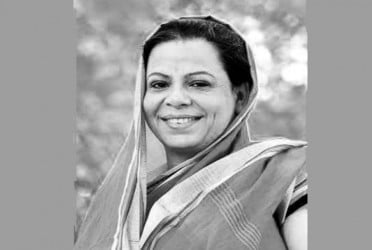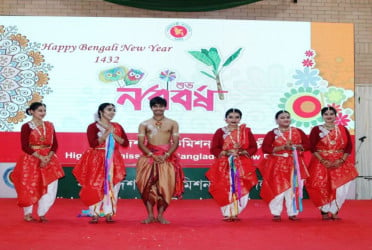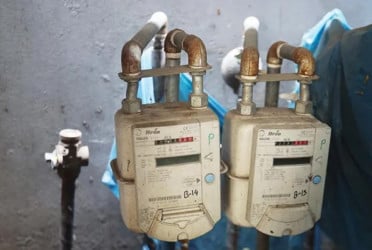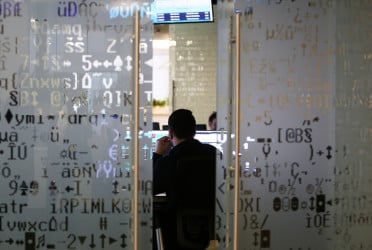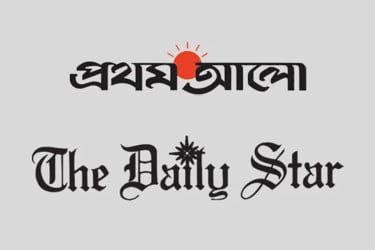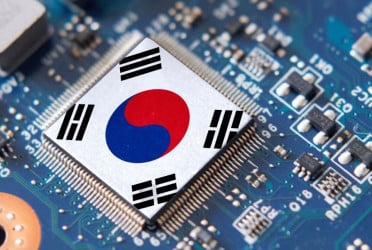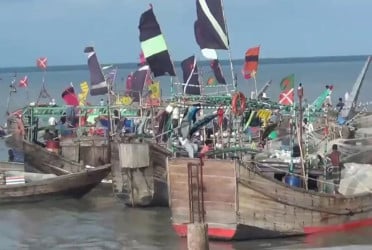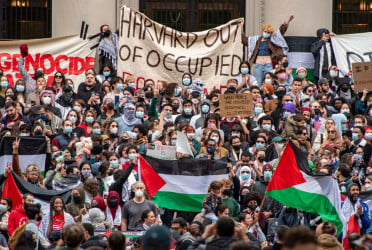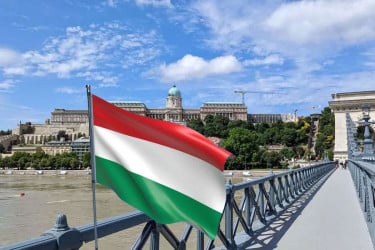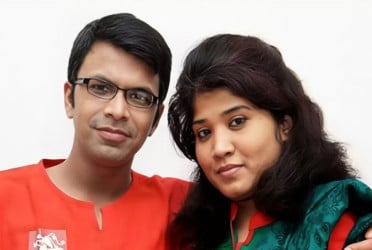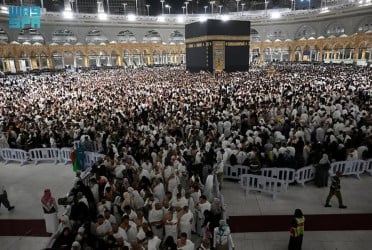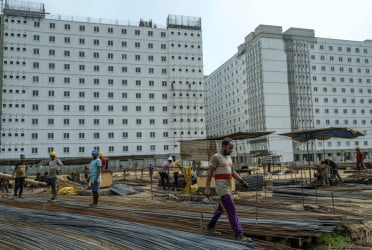A roundtable meeting organized by The Millennium University and the Institute for Democracy and Human Rights (IDHR) on the theme "100 Days of Student-People’s Revolution" convened prominent political leaders, civil society representatives, and journalists to discuss the current political landscape and the need for democratic reforms in Bangladesh.
Held at the Democracy Auditorium of The Millennium University in Rajarbagh, Dhaka, the meeting was chaired by Advocate Rokhsana Khondkar, Chairperson of the Board of Trustees of The Millennium University and Executive Director of Khan Foundation. Over a hundred participants, including representatives from the media and civil society, attended the event, according to a press release.
Rashed Khan, General Secretary of Gana Odhikar Parishad, criticized the interim government for sidelining political parties in its decision-making process, stating that the participation of political parties is essential for organizing and mobilizing the public. He also highlighted that past political figures, such as Prime Minister Sheikh Hasina and Dr. Yunus, have historically relied on their home regions for support, but now face challenges due to the exclusion of political organizations from the current dialogue.
Saiful Haque, General Secretary of the Bangladesh Revolutionary Workers Party, voiced concerns about the growing rift between political parties and the interim government. He called for immediate discussions with all political stakeholders on key issues such as price control, law and order, and the announcement of a fixed date for elections, urging that elections be held by December of the following year.
Mahmudur Rahman Manna, President of Nagrik Oikya, expressed dissatisfaction with the appointments of the current interim government advisers, describing them as inadequate. He emphasized the importance of engaging political parties in reform discussions to ensure that the next election system is both acceptable and fair.
Haroon ur Rashid, an ETV journalist, noted that while there has been a slight increase in media freedom, concerns about the political neutrality of the interim government's advisers persist. He stressed the importance of holding early elections and allowing journalists more freedom to report without fear of retribution.
Samsul Alam Liton, Chairman of Atish Dipankar University, offered a historical perspective, suggesting that the nation should not be afraid to confront past figures like Muhammad Ali Jinnah in the search for solutions to Bangladesh's political instability. He called for patience as the interim government navigates the country's challenges.
Junaid Saki of Gono Sanghati Andolon discussed the long tenure of the Awami League government, attributing its prolonged rule to changes in the electoral system. He advocated for giving the interim government more time to address necessary reforms, emphasizing the need for inclusive dialogue with political parties.
Dr. Abdul Moyeen Khan, a former minister and member of the BNP's standing committee, underscored the historic significance of the August 5th "people's revolution" and reiterated that the interim government must restore the people's right to vote. He called on all political forces to come together and collectively rebuild the nation, stating that repeated missed opportunities in the past must not be allowed to continue.
Bd-pratidin English/Tanvir Raihan

